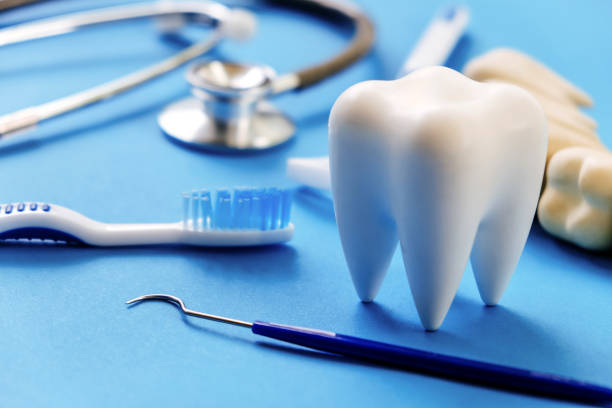In the pursuit of longevity, we often focus on factors like diet, exercise, and mental health. However, one crucial aspect that is sometimes overlooked is dental hygiene. Surprisingly, the health of our teeth and gums plays a significant role in our overall well-being and can even impact our lifespan. Let's delve into why dental hygiene is essential for longevity and how simple habits can pave the way for a healthier, longer life.
The Mouth-Body Connection: The mouth serves as the gateway to the body, and its health is intricately linked to our overall health. Poor dental hygiene can lead to various oral health problems such as gum disease, cavities, and tooth loss. However, the consequences don't stop there. Research has shown that oral health issues can contribute to serious systemic conditions, including cardiovascular disease, diabetes, respiratory infections, and even Alzheimer's disease. By maintaining good dental hygiene, we can reduce the risk of these ailments and promote longevity.
Preventing Gum Disease: Gum disease, also known as periodontal disease, is a common but preventable condition that affects the tissues supporting the teeth. If left untreated, it can lead to tooth loss and contribute to other health problems. Practicing good oral hygiene habits such as brushing twice a day, flossing daily, and regular dental check-ups can help prevent gum disease and its associated complications.
Protecting Against Heart Disease: The link between oral health and heart disease has garnered significant attention in recent years. Studies have suggested that the bacteria associated with gum disease may contribute to the development of cardiovascular problems, including heart attacks and strokes. By maintaining proper dental hygiene, we can reduce the presence of harmful bacteria in the mouth, thereby lowering the risk of heart disease and improving overall cardiovascular health.
Managing Diabetes: For individuals with diabetes, proper dental care is particularly crucial. Diabetes can increase the risk of gum disease, and conversely, gum disease can make it more challenging to control blood sugar levels. By practicing good dental hygiene and managing gum disease effectively, individuals with diabetes can better control their condition and reduce the risk of complications, ultimately promoting longevity and a higher quality of life.
Preserving Cognitive Function: Emerging research suggests a potential link between poor oral health and cognitive decline. Some studies have found that older adults with gum disease may be at a higher risk of developing Alzheimer's disease and other forms of dementia. While more research is needed to fully understand this connection, it underscores the importance of maintaining good dental hygiene throughout life to support brain health and cognitive function in later years.
Simple Habits for Lifelong Oral Health: Fortunately, maintaining good dental hygiene doesn't require a significant investment of time or resources. By following a few simple habits consistently, we can safeguard our oral health and contribute to our overall longevity:
- Brushing: Brush your teeth at least twice a day using fluoride toothpaste and a soft-bristled toothbrush. Be sure to brush all surfaces of the teeth and along the gumline.
- Flossing: Clean between your teeth daily using dental floss or interdental brushes to remove plaque and debris that brushing alone may miss.
- Regular check-ups: Schedule regular dental check-ups and cleanings with your dentist or dental hygienist to catch any issues early and prevent potential complications.
- Healthy diet: Eat a balanced diet rich in fruits, vegetables, lean proteins, and whole grains. Limit sugary snacks and beverages, which can contribute to tooth decay.
- Avoid tobacco: Smoking and chewing tobacco can increase the risk of gum disease, oral cancer, and other oral health problems. Quitting or avoiding tobacco altogether can significantly improve oral and overall health.
Conclusion: In the quest for a long and healthy life, don't overlook the importance of dental hygiene. By taking simple steps to care for our teeth and gums, we can not only preserve our smiles but also promote longevity and reduce the risk of serious health conditions. Let's prioritize oral health as an essential component of our overall well-being and enjoy the benefits of a healthy, vibrant life for years to come.

